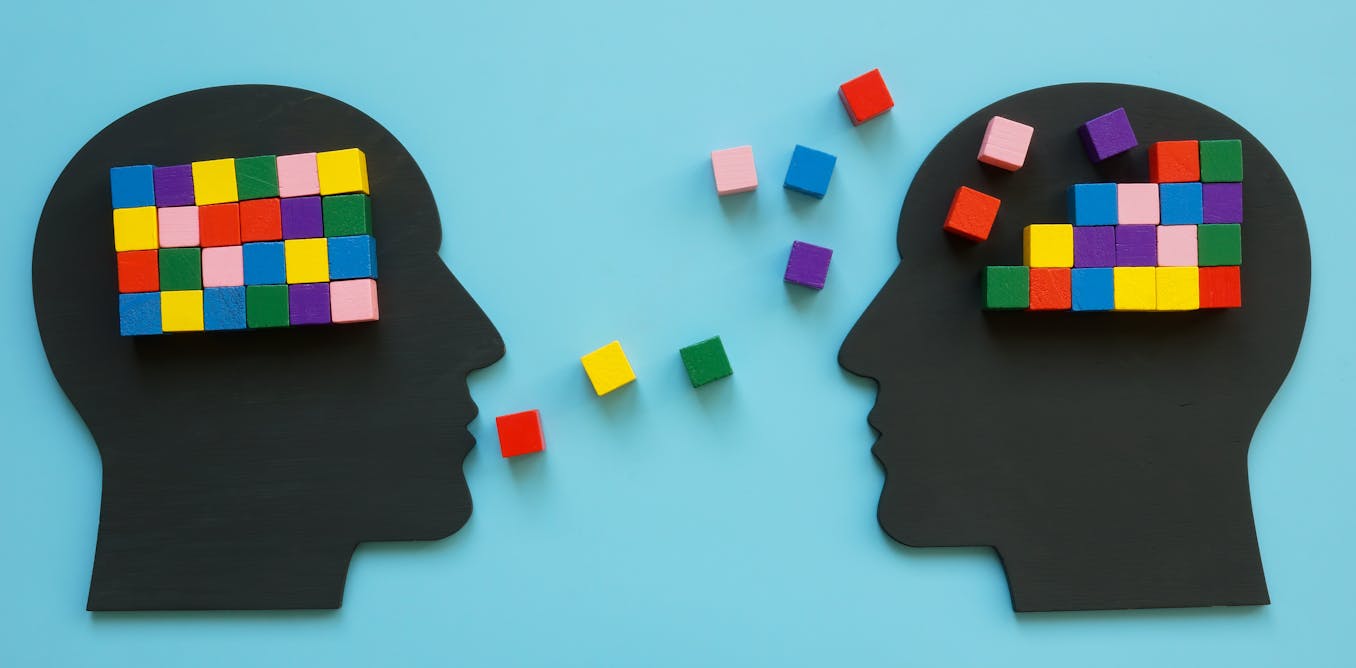Mixed emotions – neuroscience is exploring how your brain lets you experience two opposite feelings at once
Bittersweet experiences aren’t uncommon. Do people ever truly feel both positive and negative at the same exact moment, or do we just switch quickly back and forth?
Sept. 23, 2024 • ~9 min







